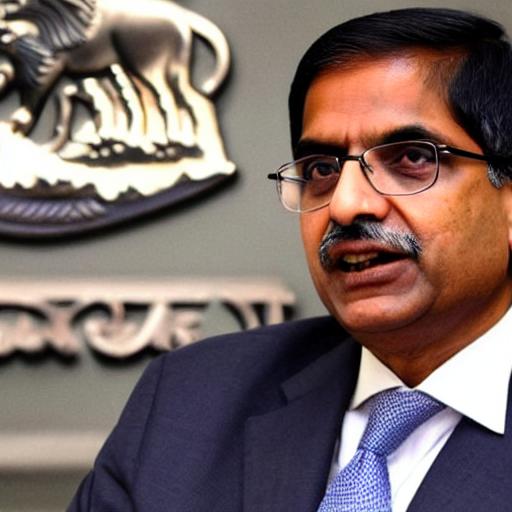The governor of the Indian central bank declared on Wednesday that the country is not at war with cryptocurrencies but issued a warning that, unless their use is outlawed, private cryptocurrencies would trigger the next financial crisis.
Shaktikanta Das, governor of the RBI, warned lawmakers and banking executives in a crowded room about the significant risk that cryptocurrencies pose to the country’s macroeconomic stability. He doesn’t believe they need to say anything further in light of the past year’s developments, particularly the most recent incident involving FTX.
The market determines the value of any so-called product. But, unlike any other asset or product, their main concern with cryptocurrency is that it has no underlying. He believes crypto or private cryptocurrency is a trendy way of describing what is otherwise a completely speculative activity, Das said.
According to Das, the idea behind crypto is that it bypasses or breaks the existing financial system. They don’t believe in the central bank, they don’t believe in a regulated financial world. He has yet to hear a good argument about what public purpose it serves, he said, adding that he believes crypto should be banned.
It should be outlawed because, if allowed to develop—suppose let’s it’s regulated —the next financial catastrophe would be brought on by private cryptocurrencies, he said.
India is one of the countries that has adopted a strict policy for dealing with cryptocurrencies. It started taxing virtual currencies earlier this year, charging a gain-based 30% tax and a transaction-based 1% deduction.
The move of the country and the market slump have significantly reduced the volume of transactions processed in the country by local exchanges CoinSwitch Kuber and CoinDCX, which are supported by Sequoia India and Andreessen Horowitz and Pantera, respectively.
In a recent interview, Changpeng “CZ” Zhao, founder and CEO of Binance, stated that the company does not consider India to be a “particularly crypto-friendly climate. He claimed that while the company is making an effort to communicate its concerns to the local government on local taxation, tax policies are typically very slow to change.
Binance travels to countries with pro-crypto and pro-business policies. They don’t travel to nations where they won’t be able to operate a profitable business, or any business at all, whether they go or not, he said.
Coinbase debuted its cryptocurrency platform in the nation earlier this year but swiftly turned down the service due to regulatory concerns. Coinbase has funded both CoinDCX and CoinSwitch Kuber. Brian Armstrong, co-founder and CEO of Coinbase, stated in May that the company has blocked support for local payments infrastructure known as UPI due to some informal pressure from the [central bank] Reserve Bank of India.
According to T. Rabi Sankar, deputy governor of the Reserve Bank of India, who once compared cryptocurrency to tulips and Ponzi schemes, Finance as we know it ended 2021 with the narrative that it was slow, inefficient, and clumsy. Defi and DAOs were the way to go. In crypto parlance, prices were mooning, and investors were HODLing. Since May 2022, cryptos have lost some of their lusters, accounting for two-thirds of their value. The failure of some entities has caused the ecosystem to unravel.
The technology that was heralded as the end of government, regulators, and intermediaries — the underlying philosophy of cryptocurrency — is now desperately seeking to be regulated, he said.








